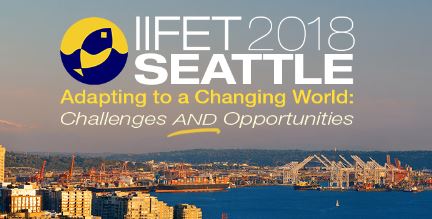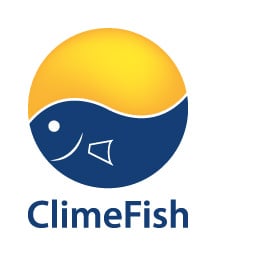ClimeFish and CERES join forces at the IIFET 2018

IIFET 2018 Special Session: Economic and social impacts of climate change on fisheries and aquaculture
Session Description:
Over the next decades climate change will continue to severely impact marine ecosystems, resulting in new threats and opportunities for dependent communities. Changes in species distribution have already been observed, for instance due to the mostly northwards expansion of available habitats for certain fish stocks. Iceland is a well-known example as it has started a direct fishery on Atlantic mackerel in its own Economic Exclusive Zone (EEZ) in recent years. As a result, the coastal states needed to agree on a new distribution of mackerel quotas in the northeast Atlantic. With climate change, changes in access to fishing opportunities will be an increasing issue for scientists, fishers and policy makers and more importantly, it will have economic implications for fleets, resulting in changes in costs or revenues. Additionally, it is unclear how climate change may influence the successful implementation of policy instruments (e.g. the landing obligation in the EU or marine protected areas).
Marine and fresh water aquaculture will be increasingly impacted by rising temperatures and associated impacts such as potential increase in diseases, algal blooms, as well as changes in growth rates. Saltwater intrusion and decreased water availability pose further impacts on fresh water culture practices. In particular, certain species may not any longer be produced in certain areas and may need to be relocated or replaced by less vulnerable strains or species. Improved technology to withstand predicted extreme weather events in marine production systems and to reduce the dependency on natural freshwater availability and quality for inland aquaculture are further developments becoming increasingly important. The majority of such adaptations are going to be costly for aquaculture operators, but will also effect social and economic status of the communities involved.
Two EU Horizon 2020 projects CERES and CLIMEFISH are assessing the effects of climate change on European fisheries and aquaculture and the socio-economic impacts on societies. In this special session, we will give an overview on the planned activities and first preliminary results. However, we also highly appreciate the attendance of researchers from other projects to present results on the assessment of social and economic effects of climate change on fisheries and aquaculture.
